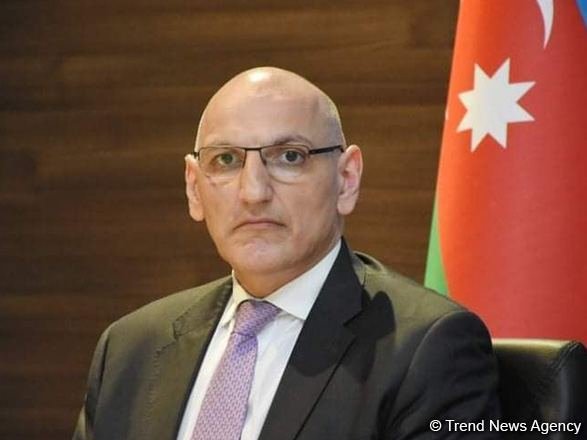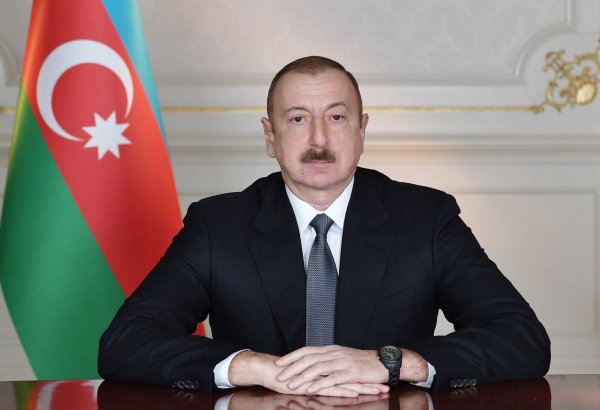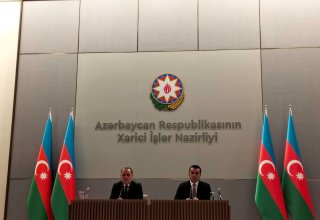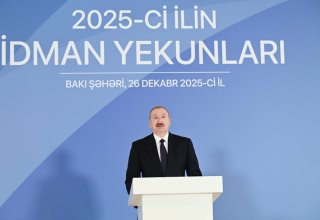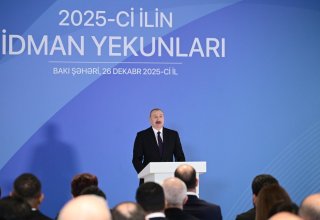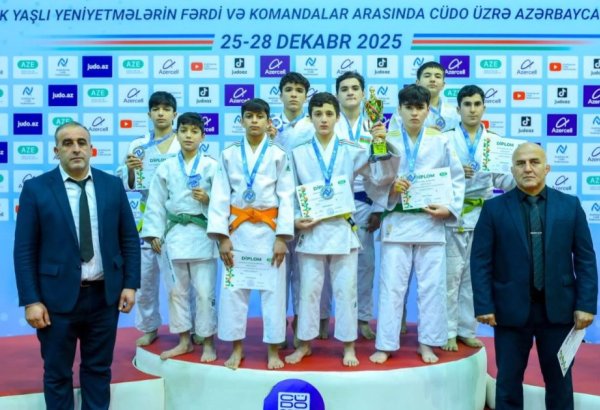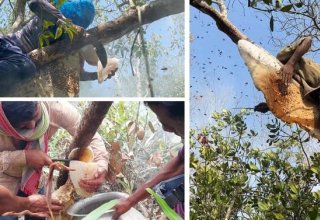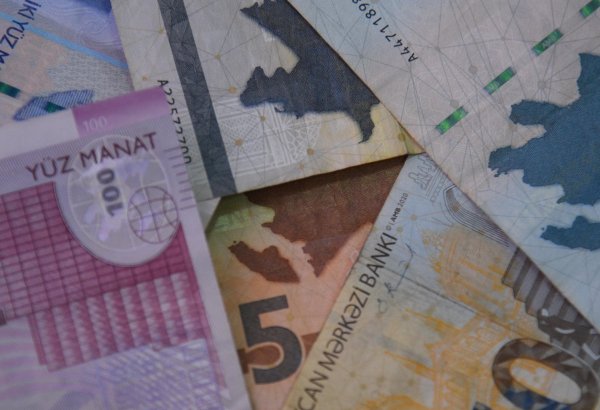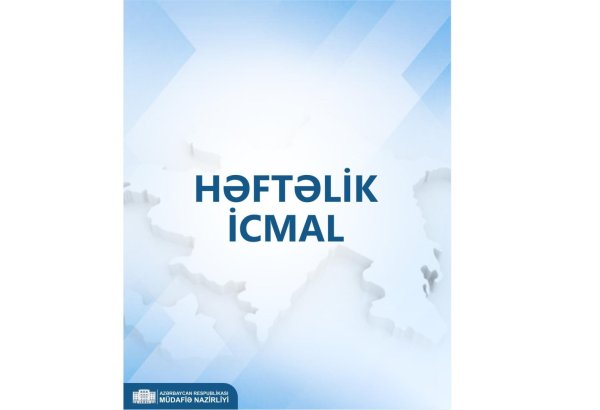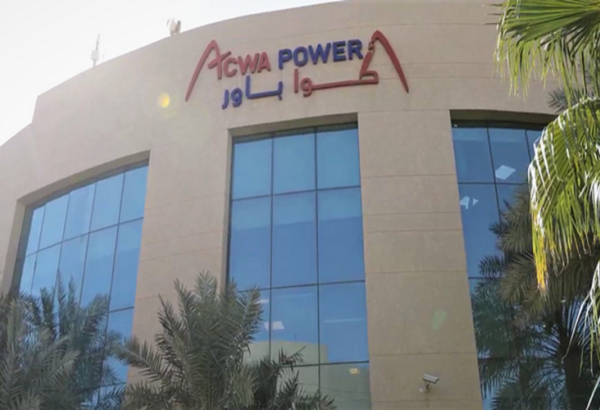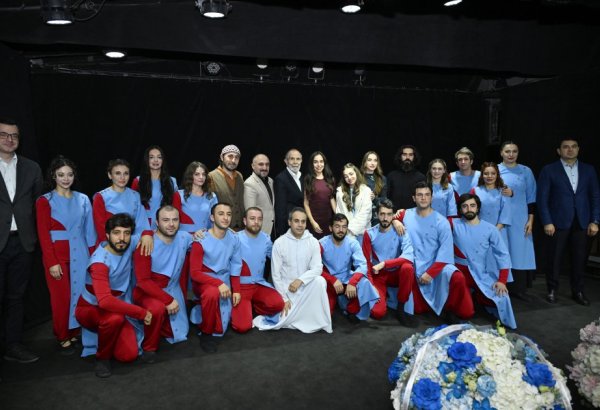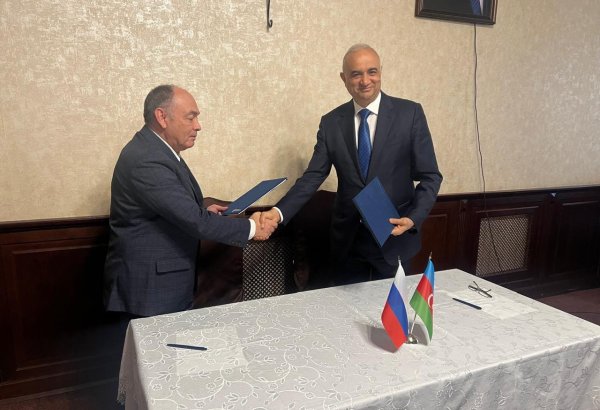BAKU, Azerbaijan, August 9. French Le Monde has recently interviewed Representative of the President of the Republic of Azerbaijan for Special Assignments, Elchin Amirbayov, TurkicWorld reports.
Talking to journalist Emmanuel Grynszpan about the situation in the Karabakh region of Azerbaijan, particularly concerning the Lachin-Khankendi road, Amirbayov addressed the unfounded accusations from Western media regarding the alleged closure of the road.
He pointed out that according to the trilateral statement of November 10, 2020 (signed by Azerbaijani, Armenian and Russian leaders following the second Karabakh war), the Lachin-Khankendi road should be used for humanitarian purposes.
However, he said, for over two and a half years, Armenia abused this road for illegal purposes, including sending its armed forces and ammunition into Azerbaijani territory.
The official emphasized that number of Armenian residents of Karabakh is not 120,000, as claimed by the Armenian side, but 50,000, including a 10,000 military personnel of Armenian illegal armed troops.
Answering whether he considers Armenian military personnel as Azerbaijani citizens, Amirbayov noted that they are part of the Armenian armed forces, illegally stationed on Azerbaijani territory in violation of the trilateral statement. Consequently, on April 23, the Azerbaijani side established a checkpoint in Lachin in accordance with international law.
Besides, Amirbayov said that the Lachin-Khankendi road is currently used to transport medical supplies, and Armenia did not accept Azerbaijan's proposal to transport humanitarian goods through the territories of Aghdam and Fuzuli.
He stressed that if the situation was really tragic, people would not be concerned about the origins of the humanitarian aid. So it proves that the separatist "regime" in Karabakh is holding the majority of Armenians living there hostage, and aims to exploit this situation to pressure Azerbaijan on the international stage.
Amirbayov provided information about the arrest of Vagif Khachatryan, noting that he was listed among those who committed war crimes against Azerbaijani citizens during the first Karabakh war.
Addressing Grynszpan's provocative question about the ruling in Azerbaijan, he said the country is a democratic state. Amirbayov also noted that no country, including France, is flawless when it comes to human rights.
In order to prevent the transportation of manpower, ammunition, mines, as well as other military equipment from Armenia for illegal Armenian armed groups on the territory of Azerbaijan (which weren't withdrawn contrary to the trilateral statement of November 10, 2020), and as an adequate response to the unilateral establishment of a border checkpoint by Armenia on the border with Azerbaijan on April 22, 2023, at the entrance to the Lachin-Khankendi road contrary to the trilateral statement of November 10, 2020, on April 23 this year, the units of the State Border Service of the Republic of Azerbaijan set up a border checkpoint in its sovereign territories, on the border with Armenia, at the beginning of the Lachin-Khankendi road.
Despite the fact that Azerbaijan ensured the passage of Armenian residents, representatives of the International Committee of the Red Cross (ICRC) and the Russian peacekeeping contingent through the border crossing, the Armenian side spread false allegations about the alleged "tense humanitarian situation" in the region in order to continue its illegal activities in our territories.
At the same time, she committed provocations, such as shelling our border guards on June 15, an attempt at smuggling, sending trucks to the territory of Azerbaijan on July 26 without permission.
Moreover, despite the fact that Azerbaijan put forward a number of proposals for meeting the needs of Armenian residents of Karabakh, including the use of the Aghdam-Khankendi road and other alternative roads, and they were supported by the European Union and the ICRC, the Armenian side opposes these proposals and blocked the entrance to the territory by erecting concrete barriers on alternative roads. All this once again showed that its statements about the "humanitarian situation" are political blackmail.








